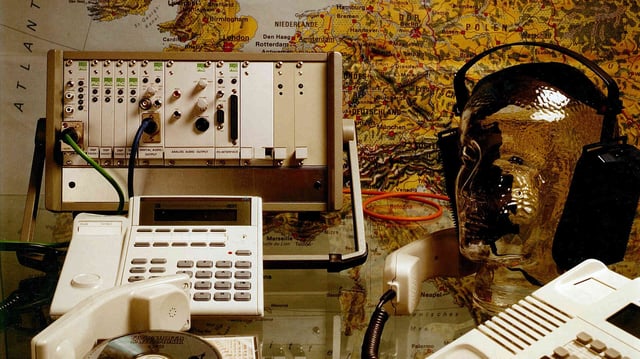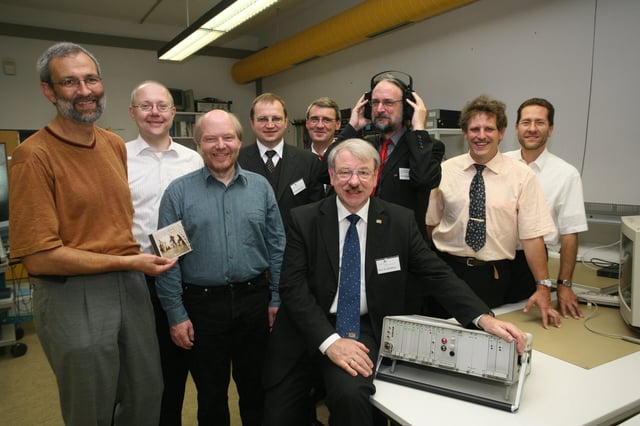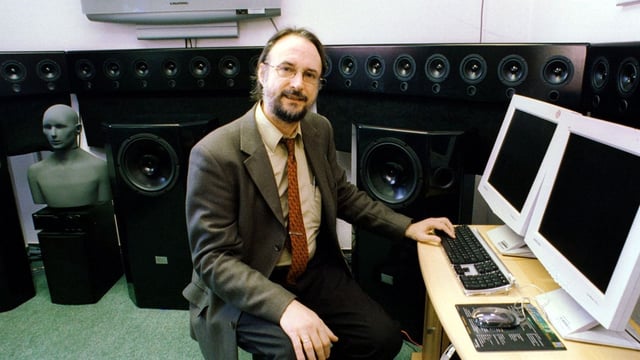Overview
- Fraunhofer IIS researchers adopted the “.mp3” extension on July 14, 1995, formalizing what would become the standard for compressed audio files.
- Karlheinz Brandenburg’s 1982 doctoral research in Erlangen applied psychoacoustic models to remove inaudible sounds and shrink file sizes by about 90% without noticeable quality loss.
- A 1997 encoder leak and Napster’s 1999 file-sharing boom propelled MP3 from research labs to household ubiquity, reshaping how people accessed and exchanged music.
- Fraunhofer earned hundreds of millions of euros in licensing fees until the final MP3 patent expired in 2017, while adopters like Apple generated some $60 billion in iPod revenue and at least $15 billion in profit.
- Iconic devices such as Apple’s iPod have been phased out, yet MP3 remains embedded in billions of digital audio applications worldwide.



